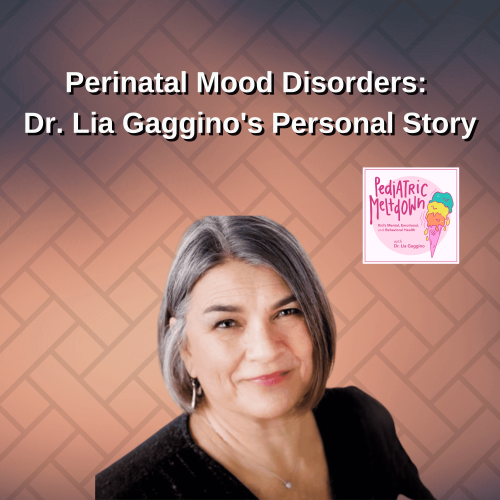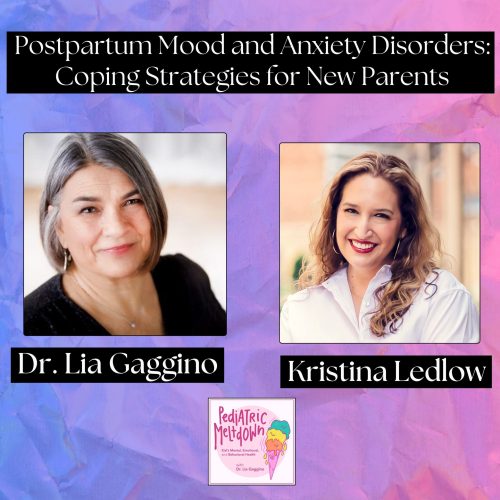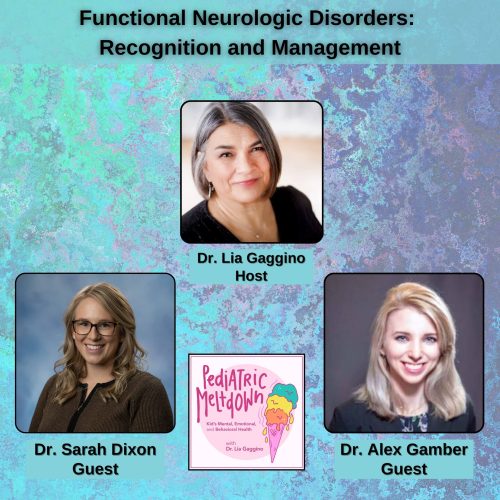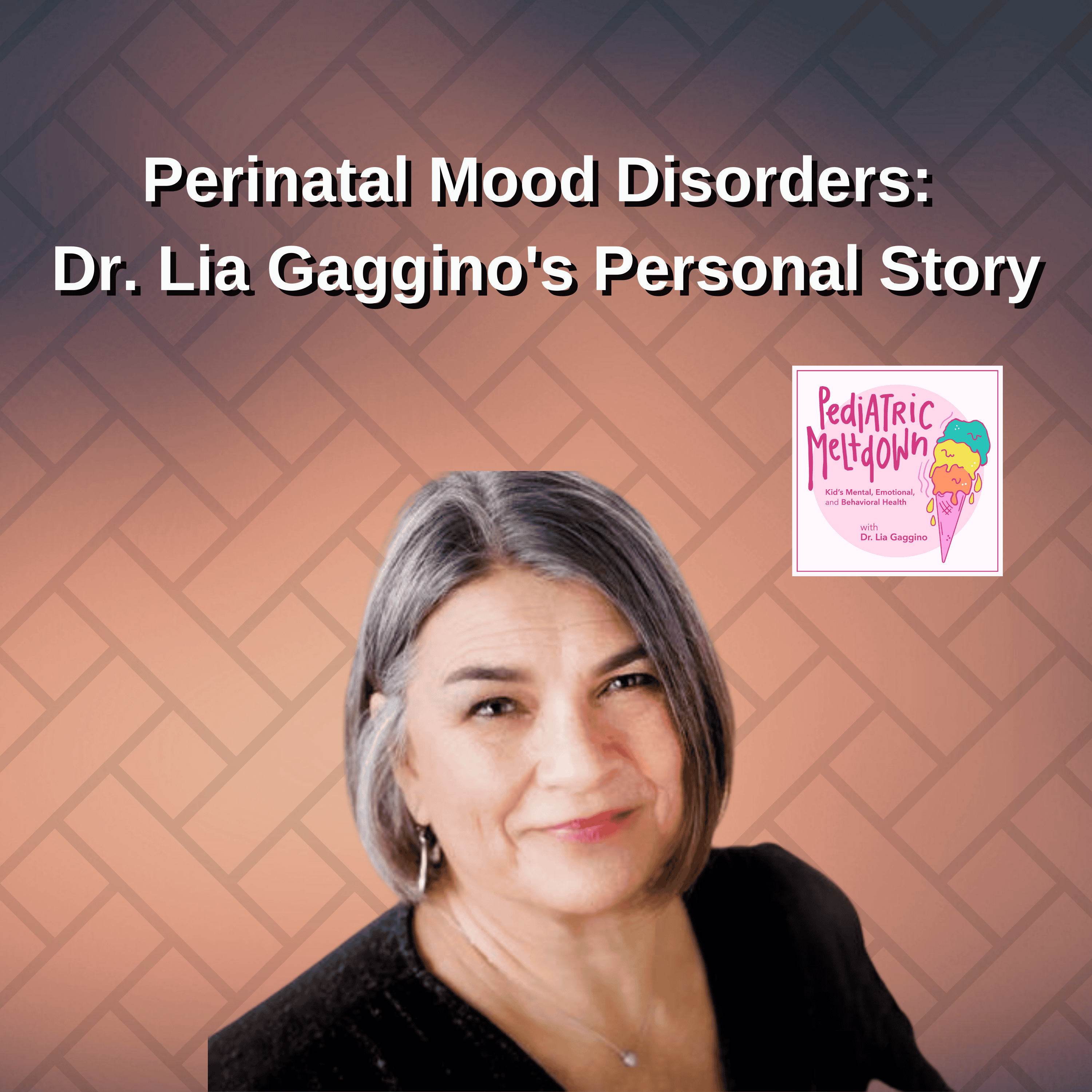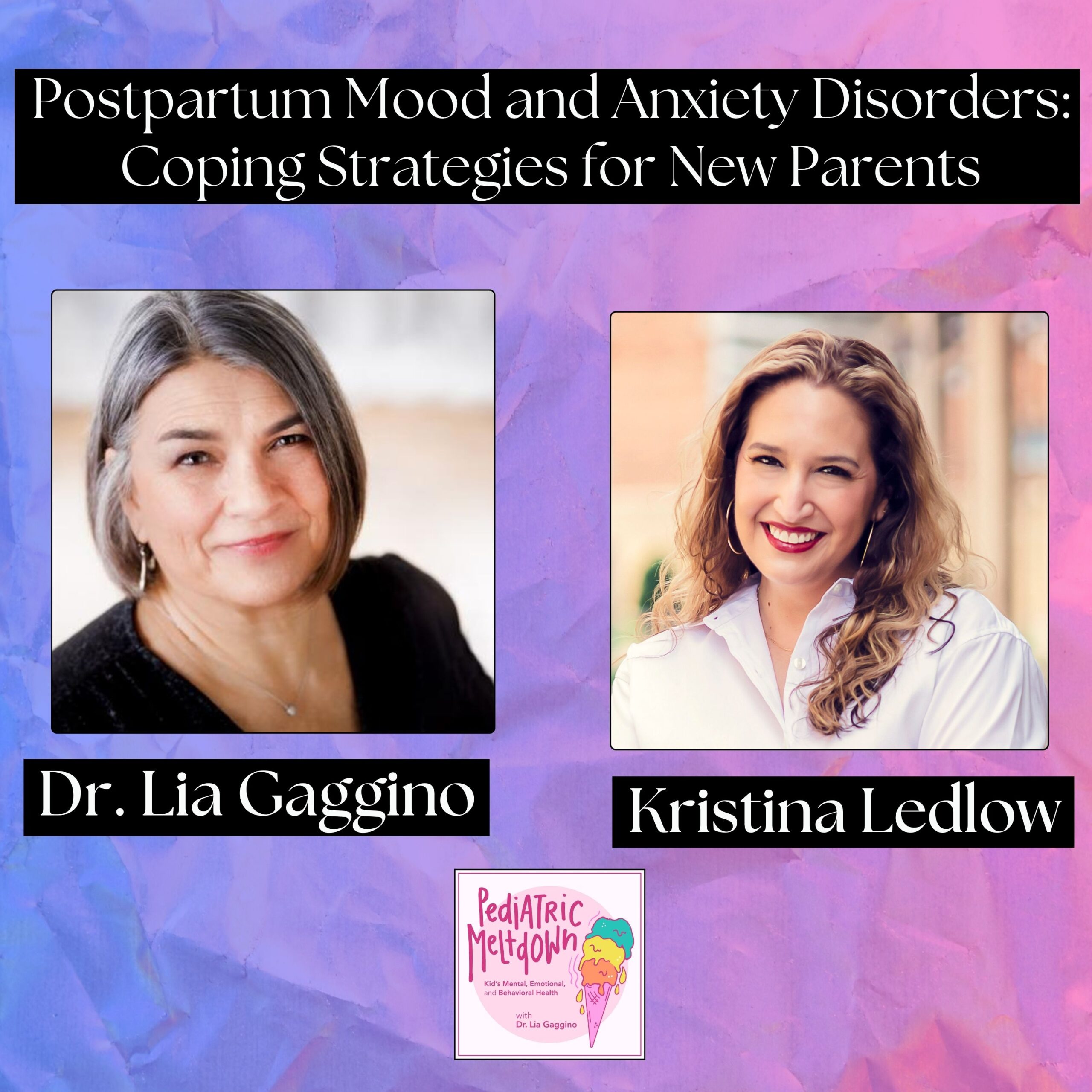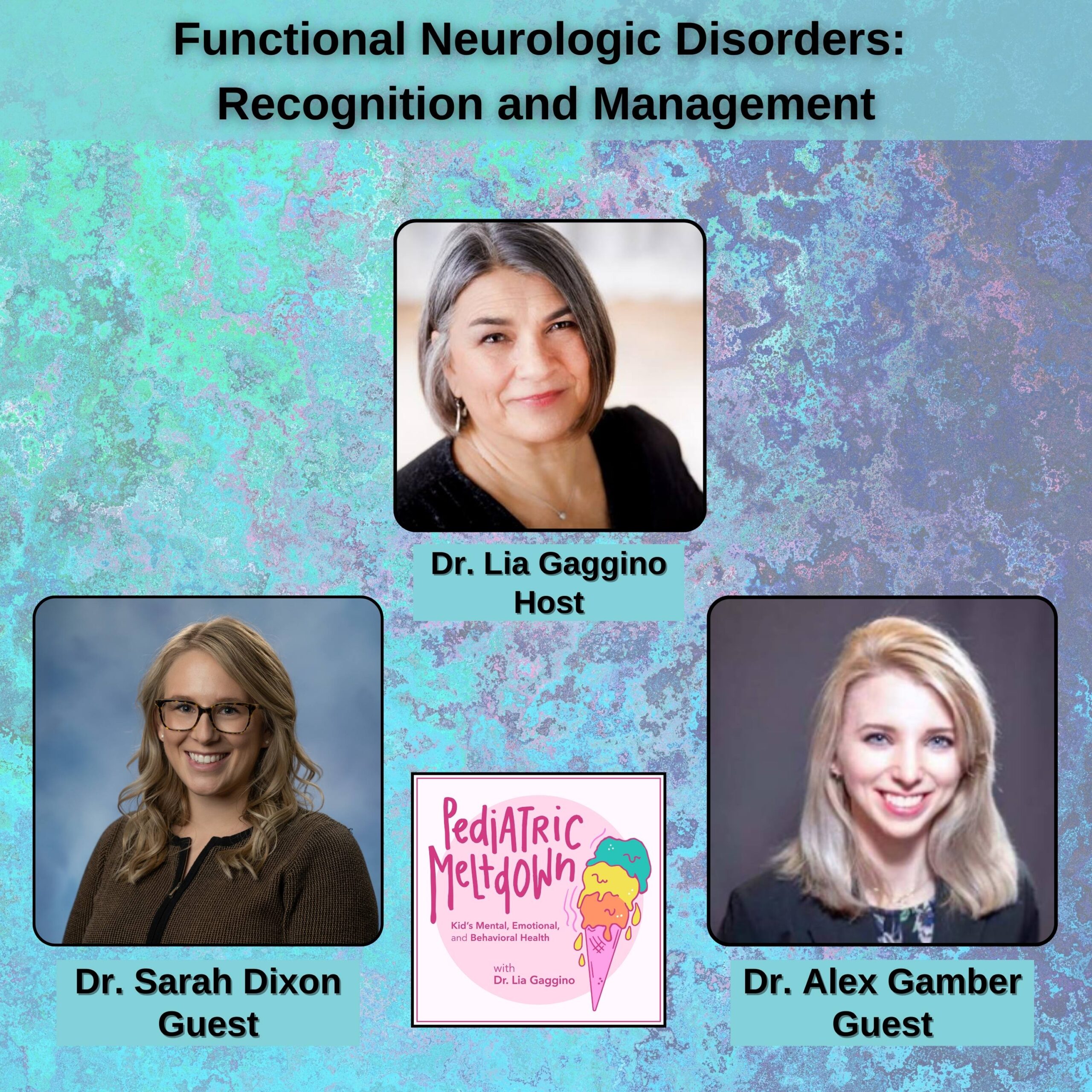Dr. Brooks Keeshin, a triple-board trained child psychiatrist with a focus on trauma, shares his journey into child psychiatry, and discusses the idea of it being a subspecialty of pediatrics. The conversation leads to a discussion on the role of pediatricians in prescribing psychotropic medication and the importance of identifying and recognizing mental health concerns in children. Dr. Keeshin highlights the pitfalls of thinking about mental health as a catch-all, and reminds pediatricians to consider individual diagnoses to guide treatment options. He also points out that psychotherapeutic interventions are usually at the top of the list, and that medication is only one consideration. Get your pencils out…. You’ll want to take notes…
[00:33 -13:56] The Importance of Identifying Mental Health Concerns
- Identifying mental health concerns should begin with listening to the family’s concerns and the child’s or adolescent’s voice.
- Using measurements such as universal screening or targeted screeners can help inform the differential diagnosis.
- It is important to move away from the thinking that mental health is a catch-all, and instead focus on individual diagnoses that will guide treatment recommendations.
- Early identification and treatment of mental health concerns can improve outcomes and prevent future problems.
- Having a process to rule out other contributing factors to distress, such as adjustment disorders, can lead to more accurate diagnoses and effective treatment.
[13:57 – 26:01] Choosing Treatment Options for Pediatric Anxiety
- The importance of getting a full picture of the child’s symptoms, including using screeners such as SCARED
- Considering evidence-based interventions for pediatric anxiety, such as anxiety-focused CBT or SSRIs
- Combination therapy with psychotherapeutic intervention and SSRIs may offer the best chance of complete remission
- SSRIs such as Fluoxetine, Sertraline, and Citalopram have the greatest evidence base and experience in youth
- Assessing the level of impairment and degree of symptoms in making a decision about medication vs. psychotherapeutic intervention
[26:02 -38:10] Addressing Anxiety Symptoms in Traumatized Kids
- Stepped approach involves addressing other contributing factors before using SSRIs
- Ensure physical safety of environment before trauma-focused therapy
- Address sleep first as chronic insomnia can drive anxiety symptoms
- Maximize other interventions like social determinants of health and trauma therapy before giving SSRIs
- Aggressively titrate SSRIs to effective doses for robust response
[28:11 – 51:33] Improving Access to Expert Child Psychiatric Care
- Improving access to comprehensive psychiatric evaluations by child psychiatrists is essential for identifying children with severe psychiatric needs.
- The limited number of child psychiatrists means better triage is needed to ensure the most severely impacted children receive the necessary care.
- Educating child psychiatrists about the comfort levels and limitations of ongoing psychiatric treatment in primary care can be helpful in improving collaboration.
- Consider outpatient programs or day treatment programs for kids after inpatient treatment to help them prepare for a return to their normal life.
- Consider partnering with primary care if it would be more appropriate for the child in the long term.
[51:34 – 59:59] Closing segment Takeaway
Links to resources mentioned on the show
UTAH PIPS
CLINICAL REPORT: Children Exposed to Maltreatment: Assessment and the Role of Psychotropic Medication
The National Child Traumatic Stress Network
AAP Trauma-Informed Care https://publications.aap.org/pediatrics/article/148/2/e2021052580/179745/Trauma-Informed-Care
CAMS Child and Adolescent Anxiety Multimodal Study
GLAD PC 1 https://publications.aap.org/pediatrics/article/141/3/e20174081/37626/Guidelines-for-Adolescent-Depression-in-Primary?autologincheck=redirected
GAD 7
SCARED
Other episodes you may like:
Ep 95- A child Psychiatrist’s Perspective for PCP’s: Leave the “Fix It” Mindset at the Exam Door
Ep 93- Trauma and Resilience: Affiliate!
Ep 90- Why Kid’s Mental Health Means So Much to Me: Moving Mountains
Ep 89- Youth Mental Health Crisis: An Opportunity for Innovation
Key quotes for Twitter:
“Child psychiatry could have been a pediatric subspecialty rather than the way it’s structured today.” … Dr. Brooks Keeshin
“I really think of myself as a pediatrician who just went and got additional training experience.” … Dr. Brooks Keeshin
THANK YOU FOR YOUR SUPPORT!
Pediatric Meltdown was listed as a Top 20 Pediatric Podcast on FeedSpot.
If you’d like to connect with me, you can Tap the “What Are Your Thoughts” button at the top of the notes or you can find me on LinkedIn, Facebook, Instagram, and Twitter, or email me at [email protected] or [email protected]. To learn more about me visit https://www.medicalbhs.com/
LOVE WHAT YOU HEARD? Leave us a 5-star review so we can continue to provide you with great content. Share this episode and help people know more about children’s health and well-being.



